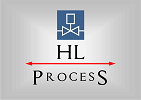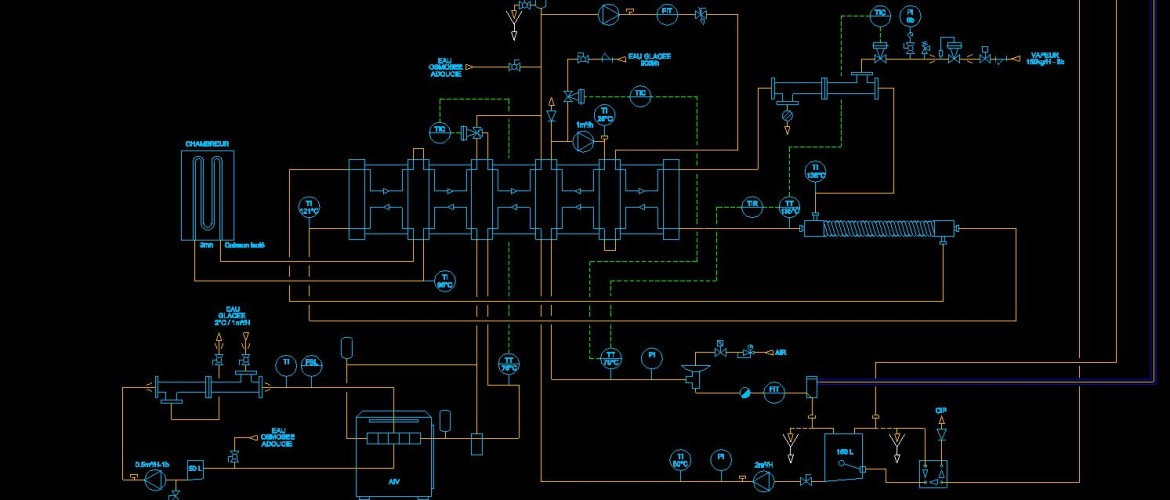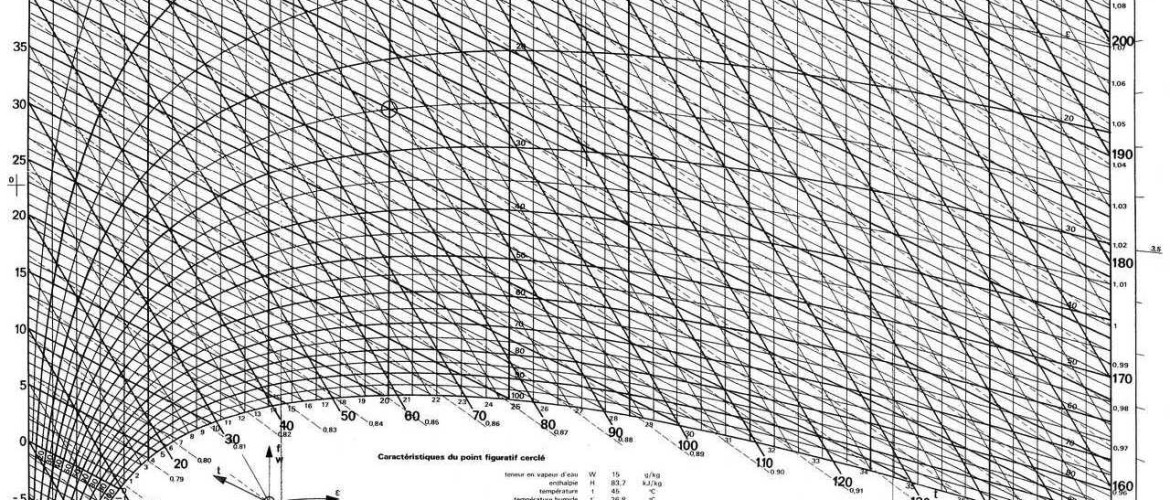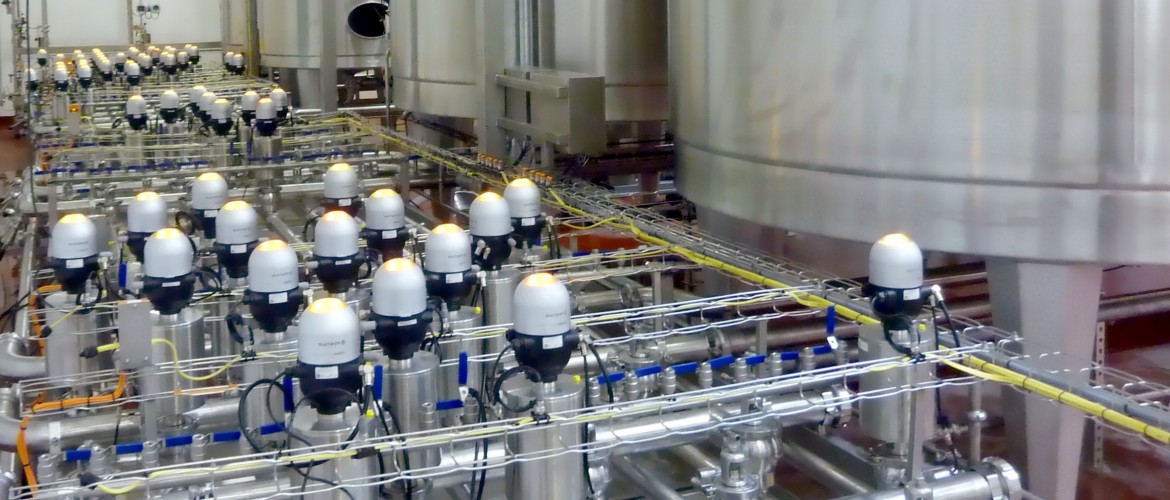You are an Industrial, an Investor in Food Industry and …
… You have a project, here is my mission:
FEASIBILITY:
- Functional studies
- Dimensioning
- Mass and energy balances
PRELIMINARY DRAFT:
- Technical solutions, Process
- Budget estimate
- Provisional schedule
STUDIES OF THE PROJECT:
- Detailed technical specifications
- Diagrams, P&ID
- Building layout, implantation of equipment
- Fluid requirements, energy
- Functional Analysis
- “Command Control” Specifications
... You are in the implementation phase, here is my mission:
PURCHASING:
- Developing technical specifications
- Provider consultations and analysis of bids
- Supplier choices assistance
- Redaction of contracts
REALISATION :
- Coordination of Works and Supplies
- Monitoring of progress schedule
- Coordination meetings
RECEPTION & QUALIFICATION:
- Controls and receptions of works and equipments
- Commissioning, SAT (Site Acceptance Tests)
- Qualifications
The advantages of using a consultant:
Specialized expertise:
- Access to a specialized expertise, not available within the company.
Objectivity:
- Get an objective view of a complex situation that involves several departments within the company.
- In the analysis of a problem and the definition of practical solutions, even the most qualified person within the company risks to be influenced by personal implications, habits and his ways of seeing things.
- Because he is independent of the company, the consultant can be impartial in situations where that would be difficult for people inside the company.
Credibility:
- A manager may know exactly what he wants and what decision to take, but to prefer to refer to a consultant to get the necessary support in the realization of his project.
Workload:
- Often, a company lacks of available executives to manage a study or an internal project.





